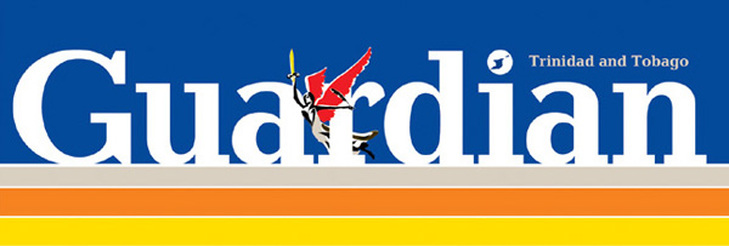From the hilltops of Papua New Guinea to the rainforests of the Amazon and from the Inuit of the Arctic tundra to the cattle herders of central Africa there are no longer traditional groups shielded from modern consumer culture and its many icons like Coca Cola, MTV, and Manchester United.
So where do anthropologists find “exotic” groups to study today? Those groups and peoples whose cultures are not really understood, whose social arrangements are hidden, and whose social development is foreign? Look closely and there are many such cultures living around and amongst us today, which seem familiar but are actually not well-understood or very open to outsiders.
These include elites whose kinship networks, insider worldview, and intergenerational reproduction (including wealth, culture and social capital) are fairly well concealed from wider society and not properly understood. Politicians and lawyers too live in insider cultures the majority of us cannot translate. And another group whose ways are poorly understood are the police and their culture(s).
One reason for this is because police culture is like a closed-family system where members show solidarity and loyalty to each other. They close ranks. They do not share information on each other and newcomers are often not welcomed. In this sense police culture like many exotic cultures of the past are full of insider secrets and silence toward outsiders.
Research has shown that when the police feel under attack for perceived failures and incompetence from the public or their higher ups in Government this helps produce a Us vs. Them situation. For example, one stereotype of the police in T&T is they are corrupt. Police know these stereotypes and can come to see society as being against them. This can lead to a wall of secrecy and this is often what academic researchers encounter when trying to peer inside police culture from the outside.
In T&T the response rate by members of the police force to a recent large quantitative survey conducted by criminologists with the police force to understand police culture was 7%. What does the lack of insights into police culture mean in the context of police management and transforming police culture locally?
Reviewing theses issues with criminologist and PhD candidate at the UWI, Ms Nirmala Sookoo, one suggestion to tackle the high no-response rate to questionnaires and to counter any untruths provided by those who do respond to questionnaires, is to add another angle to data collection amongst the police such as ethnography.
Ethnography is a qualitative method of data collection. The word comes from the Greek, “ethnos,” meaning a group, and “-ology,” meaning the study of. It involves long-term immersion within a group to become accepted by the group and gain access and insight into their insider culture. It is about the development of trust and empathy; much like a police officer themself will get good responses from other police officers.
Could we train a small cohort of police in ethnography and deploy them across the police divisions in T&T? Perhaps mix that cohort with a few criminologists trained in ethnography too.
Yes the data would be much slower to emerge than a survey done one day, analysed the next. But by the end of a year or two the prospective outcomes of ethnography are the Government, the police themselves and the public will have a better understanding of our local police culture(s) than we currently do.
For example, what are the cultural implications of the current levels of education required for police officers and police ideas on fairness? What are the cultural impacts of not having a police academy and refresher courses after the basic six-month training? What are the cultural costs of not having any psychological support systems and debriefs after a crime scene incident for our police officers?
Other cultural insights not conducive to quantitative surveys would emerge too. For example, we do not understand properly the ethnic division of labour amongst the police or how local police treat and understand the complexity of differences in T&T themselves? These are cultural issues as much as social questions.
Aside from such larger cultural insights about the police and its many sub cultures, ethnographers would also gain the trust of police officers and learn to empathise with them as human beings and not simply police officers. Something surveys cannot do.
Ethnographers see the humanity in people. They include their emotions and feelings. Try to understand their pressures and how these frustrations can play out and manifest in how the police treat members of the public. In quantitative data collection these connections are missed. The police remain as automatons, simple tools, and holdovers from colonial crowd control. Their culture strange, foreign and not properly understood by those they serve and protect.
http://www.guardian.co.tt/columnist/2015-11-22/learning-about-police-culture

 RSS Feed
RSS Feed